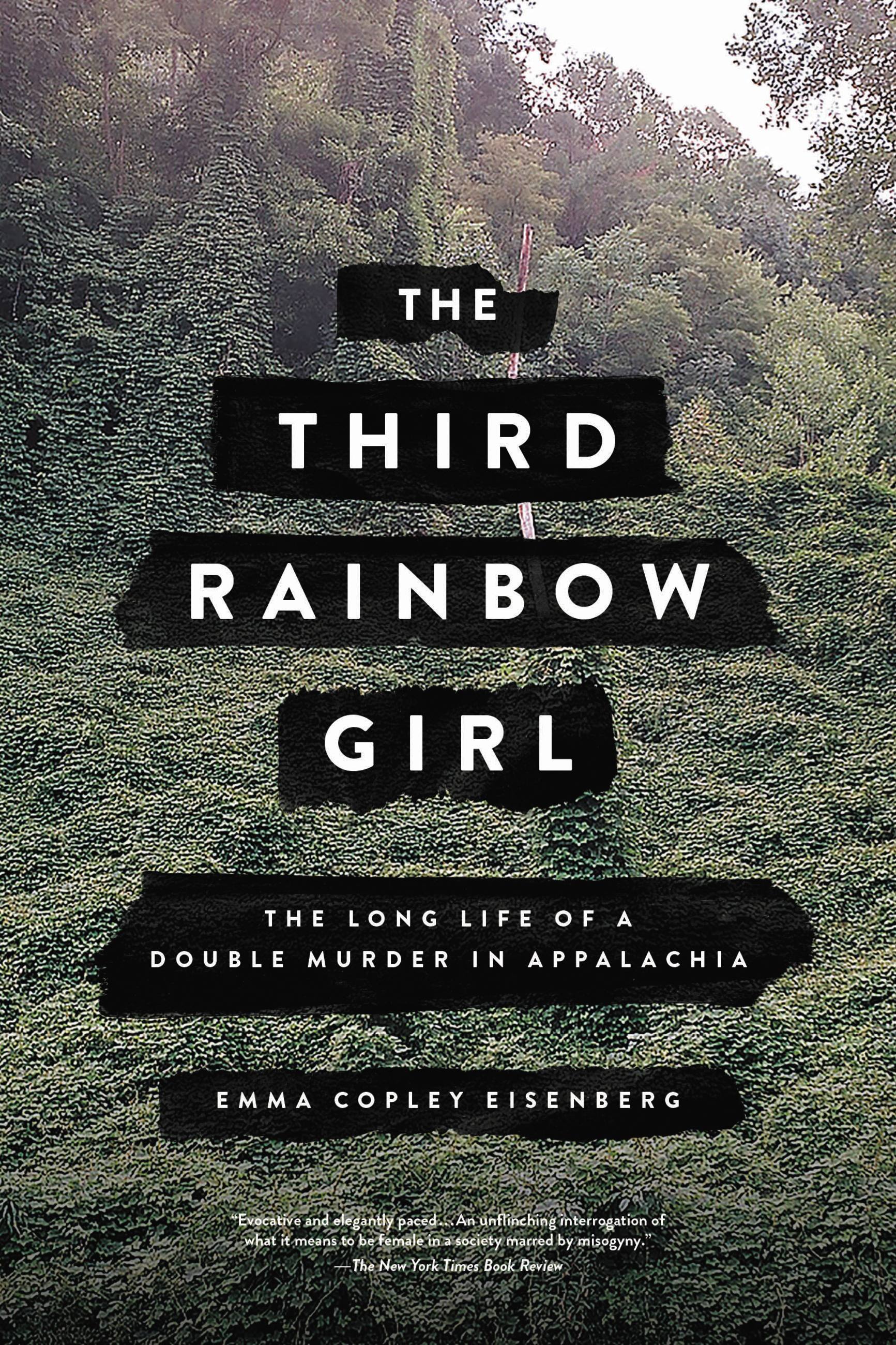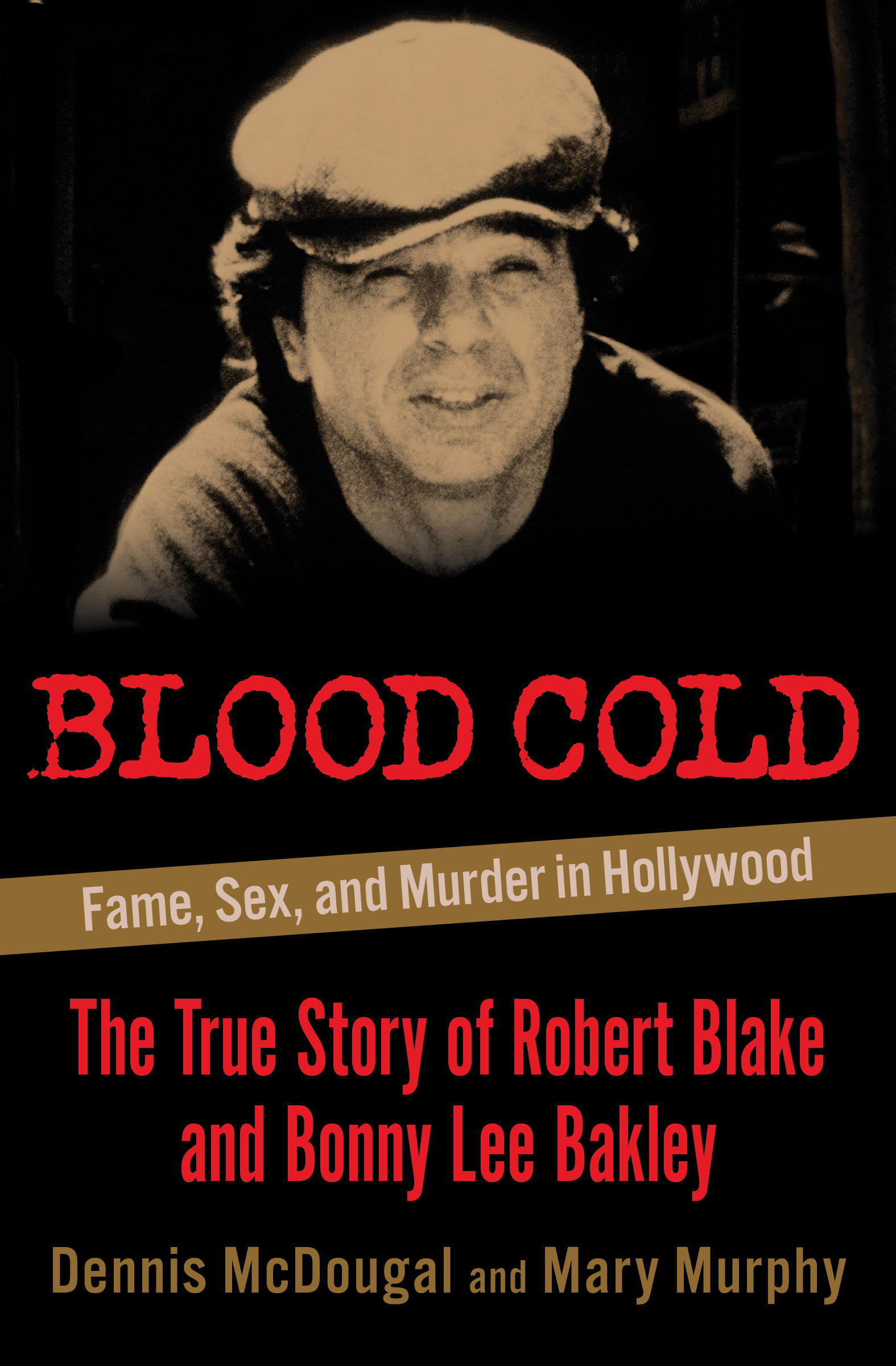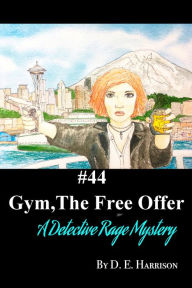The Third Rainbow Girl
by Emma Copley Eisenberg
2020-07-11 17:05:38
*** A NEW YORK TIMES "100 Notable Books of 2020" *** A stunning, complex narrative about the fractured legacy of a decades-old double murder in rural West Virginia—and the writer determined to put the pieces back together. In t...
Read more
*** A NEW YORK TIMES "100 Notable Books of 2020" *** A stunning, complex narrative about the fractured legacy of a decades-old double murder in rural West Virginia—and the writer determined to put the pieces back together. In the early evening of June 25, 1980 in Pocahontas County, West Virginia, two middle-class outsiders named Vicki Durian, 26, and Nancy Santomero, 19, were murdered in an isolated clearing. They were hitchhiking to a festival known as the Rainbow Gathering but never arrived. For thirteen years, no one was prosecuted for the “Rainbow Murders” though deep suspicion was cast on a succession of local residents in the community, depicted as poor, dangerous, and backward. In 1993, a local farmer was convicted, only to be released when a known serial killer and diagnosed schizophrenic named Joseph Paul Franklin claimed responsibility. As time passed, the truth seemed to slip away, and the investigation itself inflicted its own traumas—-turning neighbor against neighbor and confirming the fears of violence outsiders have done to this region for centuries. In The Third Rainbow Girl, Emma Copley Eisenberg uses the Rainbow Murders case as a starting point for a thought-provoking tale of an Appalachian community bound by the false stories that have been told about. Weaving in experiences from her own years spent living in Pocahontas County, she follows the threads of this crime through the complex history of Appalachia, revealing how this mysterious murder has loomed over all those affected for generations, shaping their fears, fates, and desires. Beautifully written and brutally honest, The Third Rainbow Girl presents a searing and wide-ranging portrait of America—divided by gender and class, and haunted by its own violence.
Less












.jpg)















